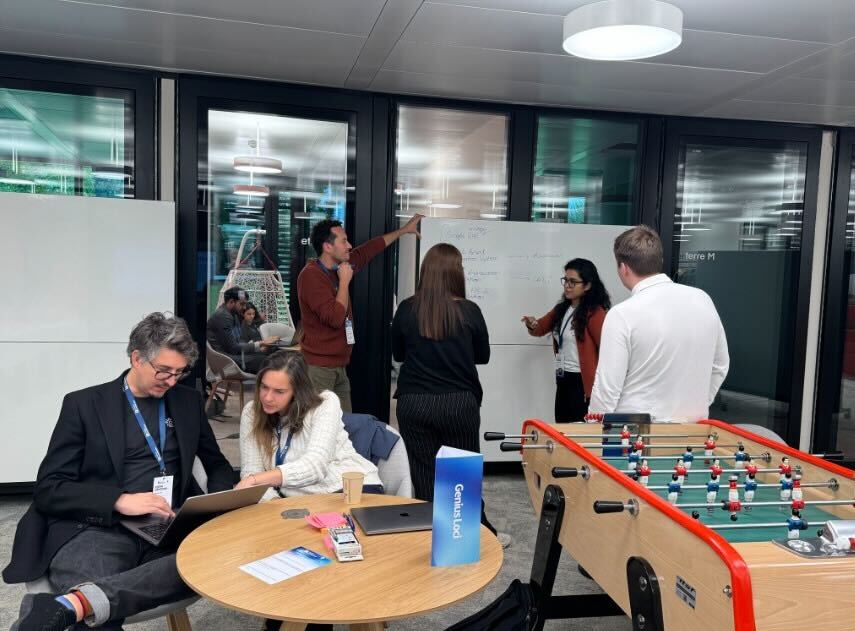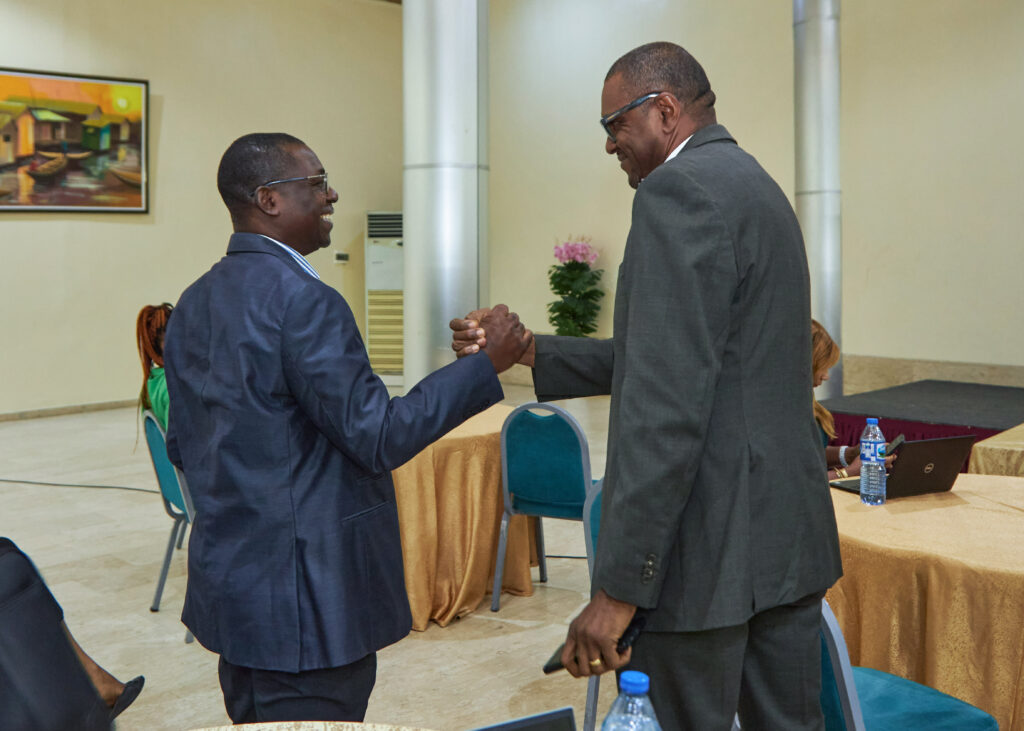
“We need to continue providing essential health care to the vulnerable.” Dr Alice Zelmanowicz, Professor of Epidemiology, Federal University of Health Sciences, Porto Alegre (UFCSPA), outlines the challenges of maintaining cancer care while dealing with the demands placed on the health system by COVID-19
As our CEO, Dr Susan Henshall, highlighted on LinkedIn last week, we will be sharing the experiences of health professionals and our partner institutions who are continuing to serve their communities during this extraordinary time. Dr Zelmanowicz is the project coordinator for C/Can’s human resource and training group in Porto Alegre, and is also collaborating with the scientific support committee dealing with the COVID-19 Pandemic in the southern Brazilian state of Rio Grande do Sul.
Q: Which are the main challenges cities are facing in the current situation?
Dr Zelmanowicz: There are three major challenges. The first is to identify the variables that can overload the system. We know that the increase in cases is exponential and that we will have to reorganize and expand our system. We have experiences from other places, and we had minimal time to start preparing ourselves. Historically, our city has a well-organized health system, but it remains a challenge to make sure that we are taking the correct containment/isolations measures so that the system has the capacity to deal with large numbers of people being hospitalized.
The second challenge is to ensure widespread access to information. Communication is key and there are different audiences, channels and types of information. We need to ensure that the right information reaches the people who need it.
The third challenge is deciding which activities should continue: we need a minimum network of services to continue functioning, for example, to provide essential health care to the vulnerable in society.
Q: How has the present situation affected your work as health professional?
Dr Zelmanowicz: As a medical oncologist, my availability has increased, I am working from my home office, and I make visits to hospitals or patients’ homes because most offices are closed or restricted. I have been available to assist my patients and give them information, although sometimes we do not have the answer and we just have to use our common sense, which means deciding on a caseby-case basis. I think at this point, what really makes the difference in terms of improving the quality of the treatment is increasing our availability to the population.
Q: And as an academic?
Dr Zelmanowicz: As a professor and epidemiologist, this has been an important moment: I have been working on several fronts to share quality scientific knowledge by participating in academic and scientific committees, as well as with the scientific support committee of the State of Rio Grande do Sul. (Comitê Científico de Apoio ao Enfrentamento da Pandemia de Covid-19 do Rio Grande do Sul)
I have contributed to producing information for the public, to help people face the crisis, as well as producing online courses for health professionals to support them interpret the huge amount of scientific evidence that is being published, such as studies on chloroquine, vaccines, diagnostic tests, and how to interpret epidemiology data. Registration for these courses is full; this has been an important tool in recent weeks.
Q: How is the COVID-19 pandemic affecting the care of cancer patients?
Dr Zelmanowicz: We are living through a unique situation, one in which front line workers have to treat patients who have no therapeutic alternatives. We have to understand what is best for the patient.
The oncologist faces this situation gradually with terminal patients, but now we are seeing it in the context of an acute illness. We, as oncologists, can translate these experiences and adapt to this new scenario.
The other scenario is the cancer patient who is undergoing treatment. National and international oncology societies have come forward and published several recommendations on how to deal with cancer patients and this has been very useful. We must ensure that these recommendations are replicated, updating all professionals and standardizing as far as possible the treatment of cancer patients.
Q: Are there any other issues you face?
Dr Zelmanowicz: We now run the risk of there being a lack of assistance, due to erroneous interpretations of the isolation recommendations. Some professionals from other areas are focused on expanding and organizing the network at this time to avoid overload, but we must not forget that we need to attend to patients with other diseases than COVID-19.
Q: Are cancer patients following any specific protocols?
Dr Zelmanowicz: Hospitals are able to care for patients who are not infected, so we need to keep working with patients and health professionals on a personal level. At the institutional level, it is very important that cities receive recommendations not only about the coronavirus, but also about other diseases. That is why it is very important to have records and registries and monitor the situation of cancer patients.
There are also labels being created that put all cancer patients in the same perspective. Any analysis of who is in the risk group must be made on a case-by-case basis, and COVID-19 can affect each case differently. As a professional I have been working with cancer patients to let them know that while they are at greater risk of catching the infection, their lives are not necessarily at risk.





